
Erin Garcia de Jesús is a staff writer at Science News. She holds a Ph.D. in microbiology from the University of Washington, where she studied virus/host co-evolution. After deciding science as a whole was too fascinating to spend a career studying one topic, she went on to earn a master’s in science communication from the University of California, Santa Cruz. Her writing has appeared in Nature News, Science, Eos, Smithsonian Voices and more, and she was the winter 2019 science writing intern at Science News.

Trustworthy journalism comes at a price.
Scientists and journalists share a core belief in questioning, observing and verifying to reach the truth. Science News reports on crucial research and discovery across science disciplines. We need your financial support to make it happen – every contribution makes a difference.
All Stories by Erin Garcia de Jesús
- Artificial Intelligence
AI-designed proteins test biosecurity safeguards
AI edits to the blueprints for known toxins can evade detection. Researchers are improving filters to catch these rare biosecurity threats.
-
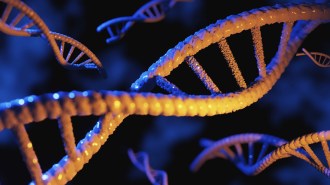 Genetics
GeneticsAI generated its first working genome: a tiny bacteria killer
Bacteriophages designed with AI kill E. coli faster than a well-studied strain, but the tech needs regulation before moving beyond lab dishes.
-
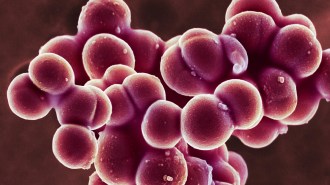 Microbes
MicrobesStaph bacteria are bad at letting go
Calcium, a mineral involved in wound healing, can strengthen the attachment between microbe and skin and make infections hard to shake.
-
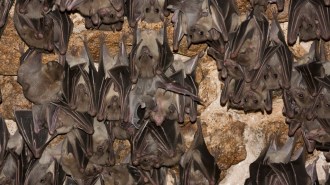 Animals
AnimalsBats live with some viruses. But others can do them in
Bats can carry some deadly human pathogens without signs of illness. A new survey shows that other viruses can still be bad for bats.
-
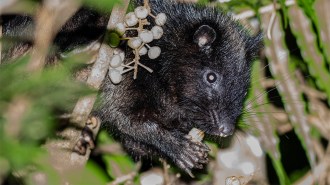 Animals
AnimalsTiny thumbnails may be key for rodents’ global takeover
Thumbnails might have boosted rodents’ food-handling skills, helping them thrive worldwide.
-
 Health & Medicine
Health & MedicineA bioengineered protein may someday treat carbon monoxide poisoning
Mice treated with the protein, which is found in bacteria, quickly eliminated carbon monoxide from their body in their pee.
-
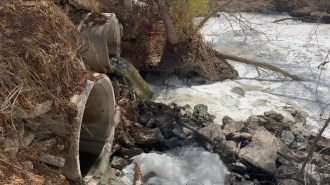 Environment
EnvironmentRiver turbulence can push toxic pollutants into the air
Levels of hydrogen sulfide gas soared near a raging section of the Tijuana River in San Diego, exposing residents to potentially harmful air pollution.
-
 Health & Medicine
Health & MedicineShifting vaccine guidelines inject uncertainty into getting fall COVID shots
Respiratory viruses often surge in the fall. We asked an infectious diseases expert how best to protect ourselves given a shifting vaccine landscape.
-
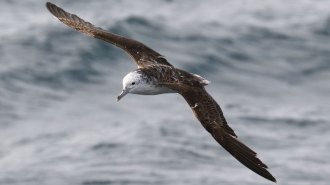 Animals
AnimalsStreaked shearwaters poop only while flying over the ocean
In-flight defecation may help the birds stay away from feces that can contain pathogens such as bird flu while also fertilizing the ocean.
-
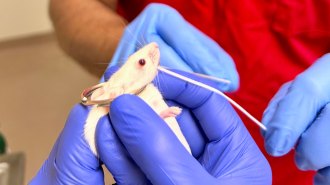 Health & Medicine
Health & MedicineHow flossing a mouse’s teeth could lead to a new kind of vaccine
Flu viruses often enter the body through mucous tissue in the nose. Researchers are developing new ways to protect such areas.
-
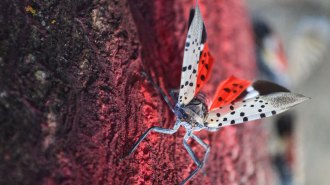 Life
LifeSquashing the spotted lanternfly problem may require enlisting other species
The invasive spotted lanternfly has spread to 17 states and can threaten vineyards. But bats, fungi, dogs and even trees may help control them.
-
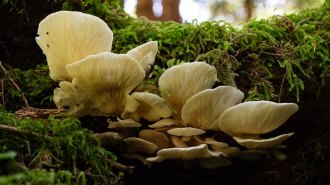 Health & Medicine
Health & MedicineClimate change may be pushing fungal allergy season earlier
Rising temperatures and changing rainfall patterns may be lengthening fungal allergy season, which starts 3 weeks earlier than it did two decades ago.